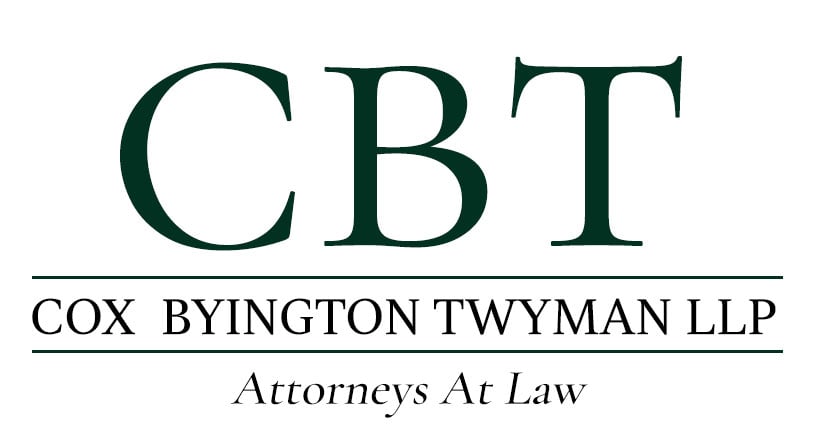DUI checkpoints can be intimidating, even when driving completely sober.
Regardless of your condition, you should understand your rights and how to handle police requests in this situation.
What is a DUI checkpoint?
DUI checkpoints, sometimes called sobriety checkpoints, are police-mandated stops on the road designed to see if drivers are under the influence. The stop is typically brief. In most cases, the police will ask one or two questions and allow you to continue on your way. You may need to present your license, registration and proof of insurance.
Should you take sobriety tests?
You have the right to decline chemical tests, such as breath, and field sobriety tests. There are a number of things that could cause you to fail a breath test even when you have nothing to drink. For example, mouthwash and certain medications may produce a false positive.
If the officers suspect that you did drive under the influence, they will likely arrest you even without a chemical or field sobriety test. Regardless, an arrest is not a conviction, and you still have a chance to face the court and argue your case.
Are DUI checkpoints allowed in Georgia?
In the 1990s, the U.S. Supreme Court ruled that DUI checkpoints do not violate your Fourth Amendment right to protection against unlawful search and seizure as long as the stops are not overly intrusive.
Should you decide to refuse a chemical test, either breath or blood, or a field sobriety test at a DUI checkpoint, remember to be polite to the officers.

